Electrical energy is known as a potential energy source and is familiar to humans. Electricity helps light bulbs, helps create means of transport, and is convenient for agricultural and industrial production. So what is electricity energy? How does it work and what are the advantages? Let’s find out through the article below.
What is electricity energy
Energy can be defined as the ability to do work. Energy can neither be created nor destroyed, but it converts from one form to another.
+ Definition
Electrical energy is the energy that an atom’s charged particles have to cause an action or move an object. The movement of electrons from one atom to another is the result of electrical energy.
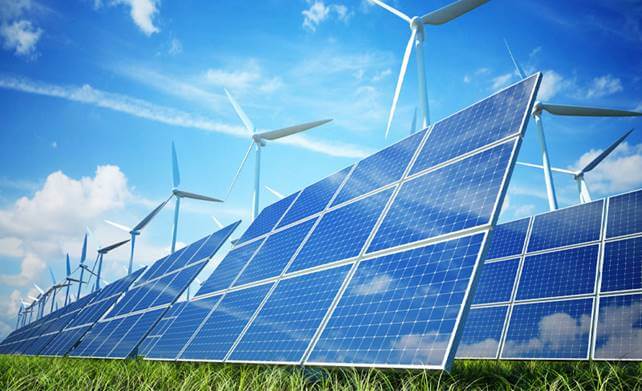
+ Working principle
In 1820, British scientist Michael Faraday discovered a method to generate electricity. He moves a conductive metal ring or disc between the poles of the magnet. The basic principle is that the electrons in the copper wire are free to move. When charges move from one point to another, this phenomenon is known as electric current or electrical energy.
Any charged particle can participate in the generation of electrical energy, including electrons, protons, atomic nuclei, etc.
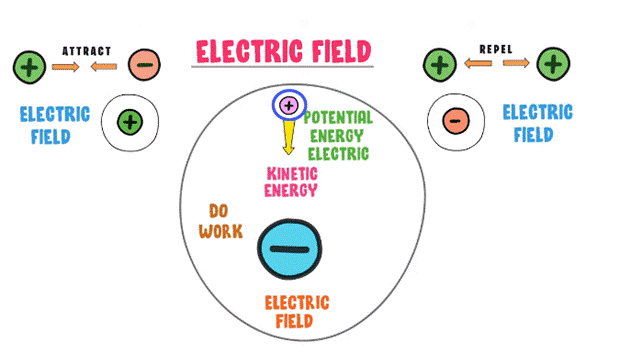
For example, a light bulb will convert the energy of an electrical charge into light energy; speakers will convert the function of electrical energy into sound; Electric heater will convert the function of electrical energy into heat energy. Hence we say that electrical energy is potential energy and energy stored in an energetic particle which we can convert and into different forms of energy.
+ Unit
The basic unit of electrical energy is the joule or watt-second. A unit of electrical energy is a joule when one ampere of current flows through a circuit for one second when a voltage of one volt is applied across it.
In practice, people often use the unit is kilowatt-hour (Kwh). One kilowatt hour is the total energy consumed when one kilowatt of electricity is withdrawn from the supply for one hour.
1 kwh = 1000 × 60 × 60 watt-second
+ Advantages of electric energy
The advantage of an electric energy source is that it is clean, safe, and environmentally friendly. Nowadays, electric energy is widely applied and popular in most fields of life, production, and business.
How to generate electrical energy
There are many methods for generating electrical energy, each with its pros and cons.
+ Nuclear energy: Based on the exothermic nature of nuclear reactions that heat up water and convert it into steam. The steam will rotate the turbine blades, which means rotating the generator to generate electricity. Nuclear power has a stable capacity, does not use fossil fuels but is very susceptible to radioactive contamination.
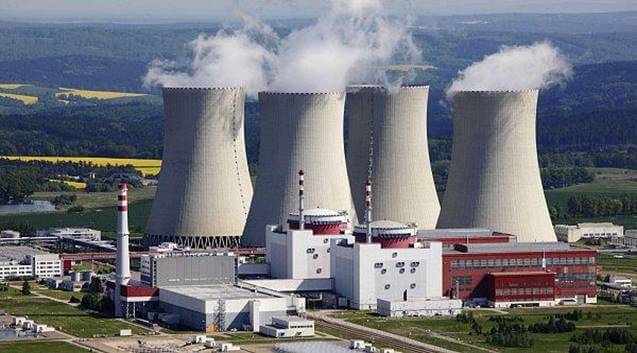
+ Hydroelectricity: The potential energy of falling water is used to rotate turbine blades to generate electricity. Hydroelectric power is a clean energy source that can be generated at full capacity in just a few minutes. However, hydroelectric dams change the natural flow, adversely affecting organisms and people.
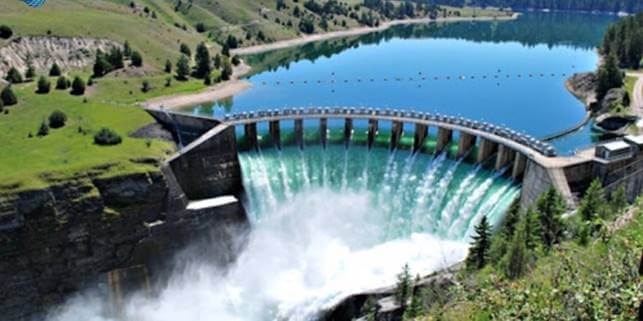
+ Wind power plant: Using the wind of nature to rotate the generator’s turbine. Wind energy is also a clean energy source, but wind capacity is affected by natural factors.
+ Solar power plant: energy is collected by specialized panels, then the panels convert into electricity. The sun is an inexhaustible source of energy. However the power output depends on the number of hours of sunshine and the light intensity of the day. Solar energy is an energy source that has been studied and applied a lot today.
Today, with the development of science, people also create electricity using tidal energy, wave energy, etc.
Application
We can see electric energy everywhere. Electrical energy not only generates electricity, but also convert into other types of energy, such as thermal energy, mechanical energy. A few examples of electrical energy are:
+ In a car battery, a chemical reaction leads to the formation of an electron that has the energy to move in an electric current. These moving charges provide electrical energy to the electrical circuits in the car.
+ Electric eels generate electrical energy and use it against predators to defend themselves.
+ Electricity to light bulbs to serve the daily activities of people.
+ Electric motor in production is also one of the typical applications of electric energy.
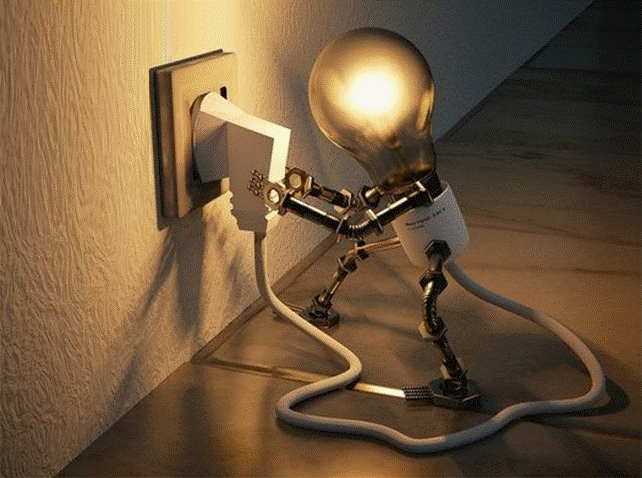
>>> Check out the video on electrical energy
>>> Related posts
How does static electricity work – The most detailed article